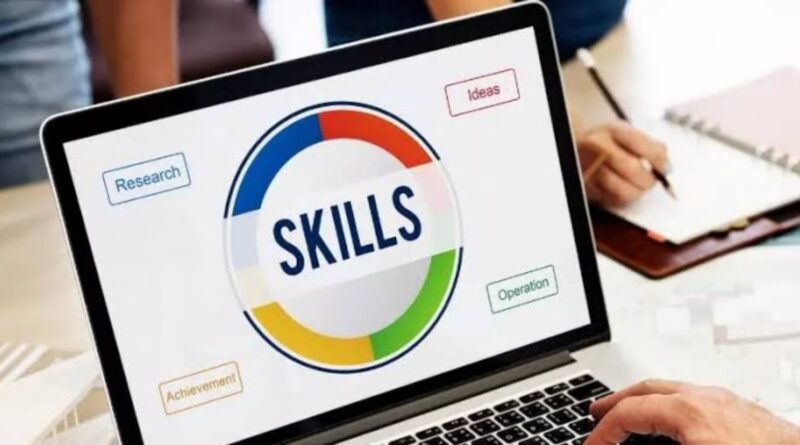Top10 skill education in USA better than other…
Identifying the top 10 skills in education that are highly valued in the USA can be subjective and can vary depending on the perspective and context. However, considering the current trends and demands in the job market, as well as the needs of the education sector, here are ten skills that are often considered valuable:
Critical Thinking: The ability to analyze information objectively, evaluate arguments, and make reasoned judgments is highly prized in education. Teachers and education professionals need critical thinking skills to solve problems effectively and make informed decisions.
Communication: Strong communication skills, including verbal, written, and interpersonal communication, are essential in education. Educators must effectively convey information to students, parents, colleagues, and other stakeholders to facilitate learning and collaboration.
Adaptability and Flexibility: In a rapidly changing educational landscape, adaptability and flexibility are crucial skills. Education professionals need to be open to new ideas, technologies, and teaching methodologies, and be able to adjust their approach to meet the needs of diverse learners.
Technology Literacy: With the increasing integration of technology in education, technology literacy is becoming increasingly important. Educators should be proficient in using educational technology tools and platforms to enhance teaching and learning experiences.
Collaboration and Teamwork: Collaboration skills are essential for educators to work effectively with colleagues, administrators, parents, and community members. Collaborative approaches can lead to better outcomes for students and foster a positive school culture.
Creativity and Innovation: Encouraging creativity and fostering innovation are critical in education to engage students and inspire learning. Educators who can think creatively and develop innovative teaching strategies are better equipped to meet the diverse needs of learners.
Cultural Competence and Diversity Awareness: Cultural competence involves understanding and respecting the cultural backgrounds, beliefs, and values of students and colleagues from diverse backgrounds. Educators who are culturally competent can create inclusive learning environments that promote equity and diversity.
Emotional Intelligence: Emotional intelligence, including self-awareness, empathy, and emotional regulation, is essential for effective teaching and leadership in education. Educators who are emotionally intelligent can build positive relationships with students and create supportive learning environments.
Problem-Solving: Problem-solving skills are fundamental in education for addressing challenges and finding solutions to complex issues. Educators need to be able to identify problems, analyze root causes, and implement effective strategies to support student learning and achievement.
Leadership and Management: Leadership and management skills are important for education professionals in various roles, including teachers, school administrators, and education policymakers. Effective leadership involves inspiring and motivating others, making strategic decisions, and driving positive change in educational institutions.
These skills are not only valuable in education but also transferable to other industries and sectors, making them highly sought after in the job market. Developing and honing these skills can help education professionals excel in their careers and make a positive impact on student learning and success.



